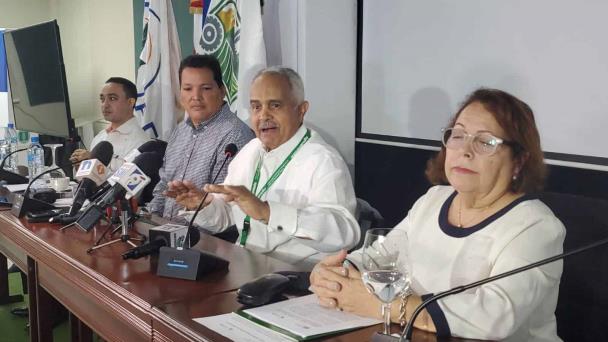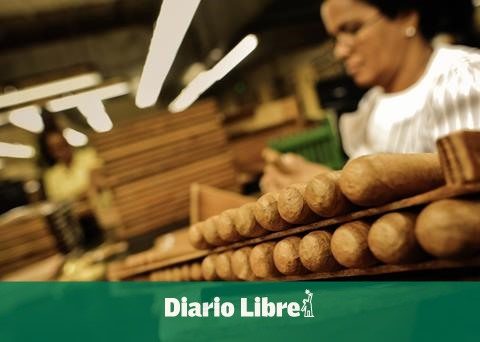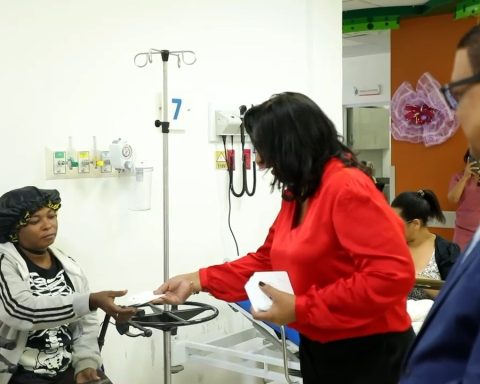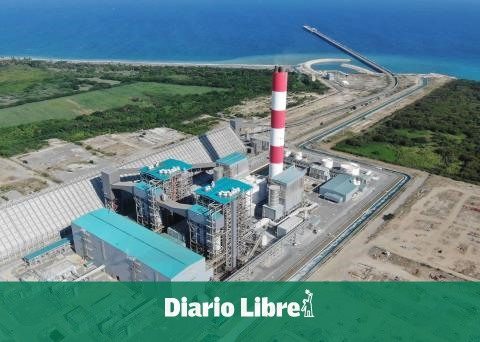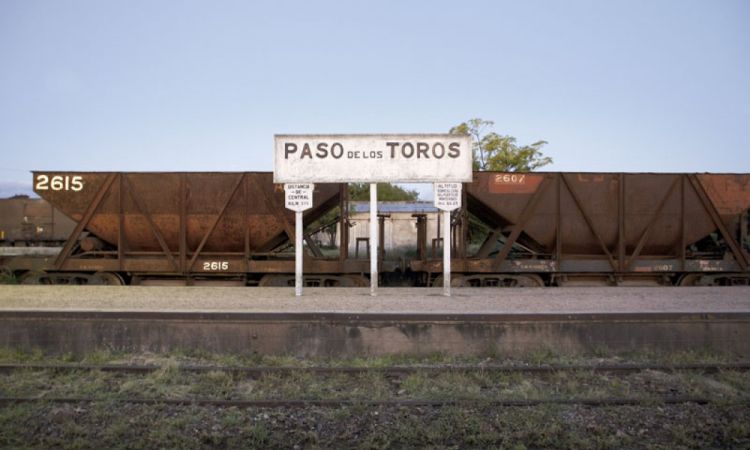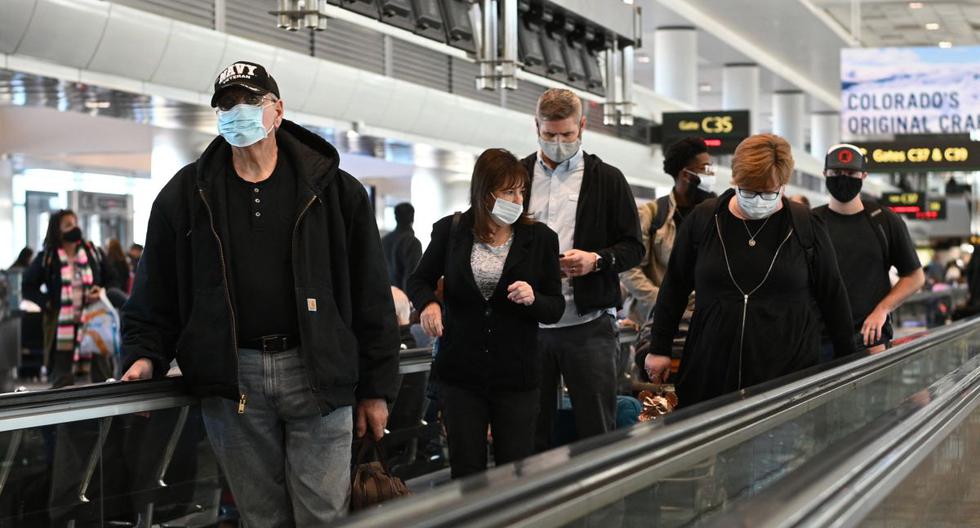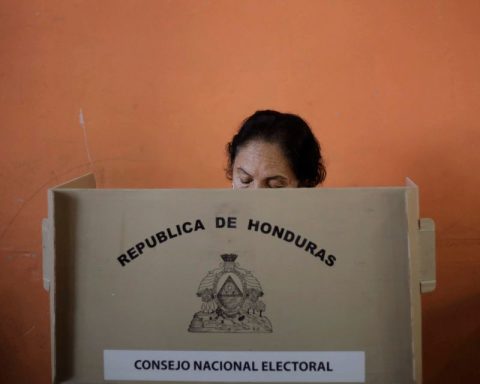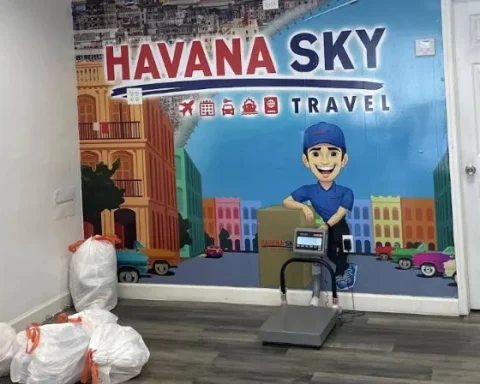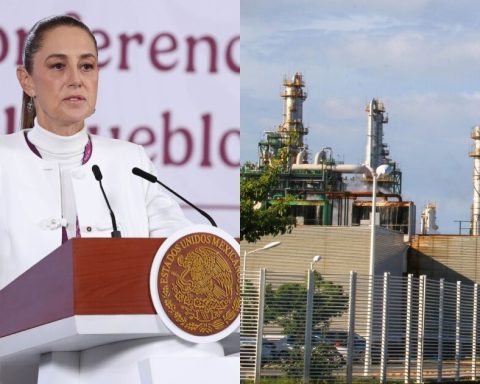In the Dominican Republic it is far from the occurrence of a famineaccording to Osmar Benítez, executive president of the Dominican Agrobusiness Board (JAD), who assures that the country is self-sufficient in several products of the basic food basket, among them: chickens, eggs, bananas, cassava and sweet potatoes, among others.
“As long as there is water, we will have food to supply the needs of the Dominican people. Here is not possible to happen famine, that people don’t have anything to eat, because here what the Dominican people eat, we are self-sufficient. But we, when it comes to plantains, cassava and sweet potatoes, are self-sufficient,” said today the executive of the JAD.
He said that the JAD He has suggested to chicken producers, members of that institution, that the supply of this product in the country must be increased.
“We are producing 18.5 million chickens, we must increase it to 22 million units of chickens per month. We have to take it to 20 million and then to 22, “said Benítez.
He said that the poultry sector has gone through several situations, among them that the amount of fertile eggs in the local market to take them to incubate and produce more chickens has a limit. “So, we went out looking for fertile eggs, and in the United States there are no fertile eggs to sell, there are no fertile eggs in the world, everyone has the same situation. We get fertile eggs: a little bit in the United States, a little bit in Canada and also, even in Holland we went to look for it”, he said.
He assured that the idea is to increase the supply, because chicken meat has a benefit, and that is that a chicken problem is solved in 60 days, because incubating the eggs takes 21 days and having the chicken ready for consumption takes 39 more days, that is, “in 60 days you have the supply of chickens established.”
He said that another reason to increase the supply of chicken meat in the country is because pig consumers, with the issue they have had with African swine fever, many of them have switched to chicken consumption, that is, the demand of chicken has increased, therefore, we must produce more chicken.
“We have installed capacity to produce 25 million chickens per month,” he said.
He noted that the prices of food products will remain high until peace can be achieved between Russia and Ukraine.
He said that nobody expected the conflict in Ukraine, a situation that has affected the issue of fertilizers, because 16% of the world’s urea production is produced in these two countries.
“We have the issue of the production of raw materials such as corn, sunflower oil, among others: that has generated an inflation that is generated in all parts of the world. We are not oblivious to that, ”he specified.
He said that the Dominican Agribusiness Board supports the fertilizer subsidy arranged by the Dominican Government, because it has been a direct support. “What is our proposal? Whenever there is this type of crisis, the policy should be direct support to the producer, direct subsidy to the producer, so that the producer can maintain supply. Also, when you directly subsidize the producer, you are radiating the economy of that area”.
He highlighted that the JAD believes that there will be price stability for the products of the basic basket. “We do not believe that it will rise more than what we have, because the local supply has been maintained, the issue is the raw materials that we use to produce these foods,” he observed.
agreement between the JAD and Afipa
Benítez spoke within the framework of an agreement between the Dominican Agribusiness Board and the Association of Manufacturers, Representatives and Importers of Crop Protection Products (Afipa), seeking to support the protection of the environment and natural resources.
In the agreement, both entities commit to joining forces for the development of a Program for the Management of CampoLimpio Containers and Good Agricultural Practices Cuidagro, in the main agricultural areas of the country.
The agreement includes training and technical assistance to producers and technical partners of the JADin the management of empty plastic containers of crop protection products.
